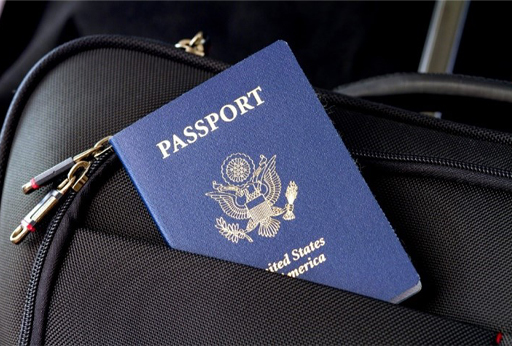1.3 Specific challenges to belonging: international learners
International learners may experience specific challenges to belonging for, not only are they far away from their home community, but they may also be unfamiliar with educational practices in their host country. For example, learners who are used to rote-learning, listening rather than talking, and not questioning lecturers, which is accepted practice in their own culture, may find more direct communication styles and presentation requirements particularly challenging or anxiety-provoking (Forbes-Mewett and Sawyer, 2016).
Being unfamiliar with aspects of everyday life in a new cultural environment, such as renting a room, accessing the health system or language difficulties can also increase the pressures being felt. There may also be acute financial pressures, for although international learners are sometimes seen as wealthy, they or their families may have taken out substantial loans in order to join a course abroad, or they may be tied to government schemes with reporting and performance duties, all of which can adding to the mental stress being experienced (Forbes-Mewett and Sawyer, 2016).
Many educational organisations helpfully provide a variety of social opportunities, familiarisation activities and other events for international learners, to provide advice and information and facilitate the development of new support networks. In-person social events may particularly benefit some personality types. In universities, Thomas (2012, in Mander and Brown, 2021) found social events can enhance learners’ sense of belonging. This in turn enabled learners to develop their social identity which can have a positive impact on retention and academic success. However, more introverted learners may avoid these and feel more comfortable obtaining help and support online, or even anonymously.
Feeling alienated by educational practices and systems is not an experience exclusive to international learners. Many home learners may also feel unfamiliar with their educational institution’s ways of working, depending on its inclusivity and ability to adapt to specific learner needs.
Activity _unit7.2.4 Activity 4 Challenges facing international learners
Look back at the case study of Viraj (from the Case studies [Tip: hold Ctrl and click a link to open it in a new tab. (Hide tip)] ) and make a list of the specific challenges that you think he might be facing as an international learner who has come to study in the UK, and the impact these might have on his mental health. What might you, as an educator, or your institution, provide to support him in dealing with these challenges and promote his positive mental health?
Discussion
You may have noted that although Viraj is very motivated to succeed with his course, he is experiencing financial pressures, does not yet have any local friends and may be unfamiliar with educational practice and local services. He is feeling under a lot of pressure, and this may be linked to poor sleep, poor diet, anxiety and perhaps affecting his confidence, self-esteem and mood. Increasing your awareness of the culture-specific nature of the learning, as well as support structures in your organisation, ranging from the use of acronyms, to how to make a presentation or address an educator, or how to access study or mental health support, can help you to stay alert to the needs of learners who are not familiar with these practices.
Further information on how to support international learners during their transition to university is available from The Charlie Waller Trust.

